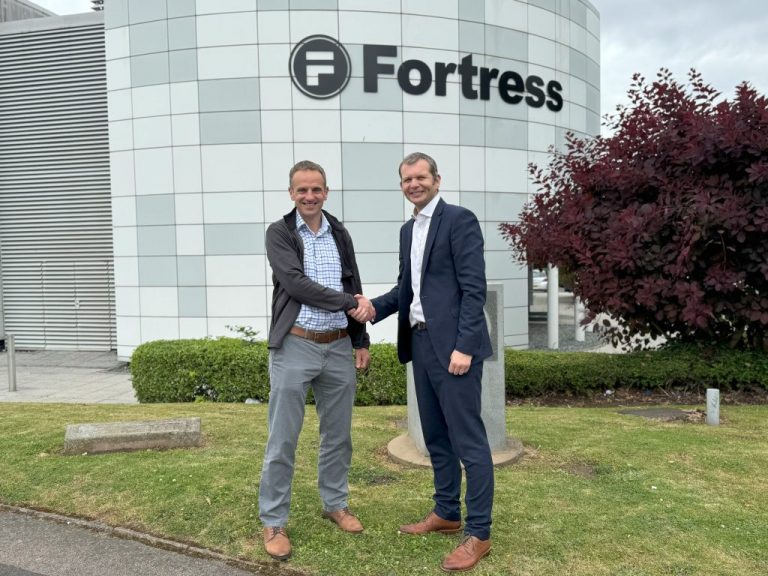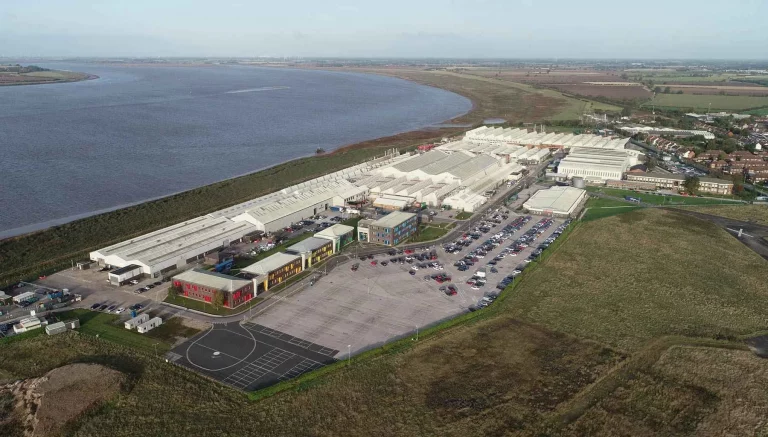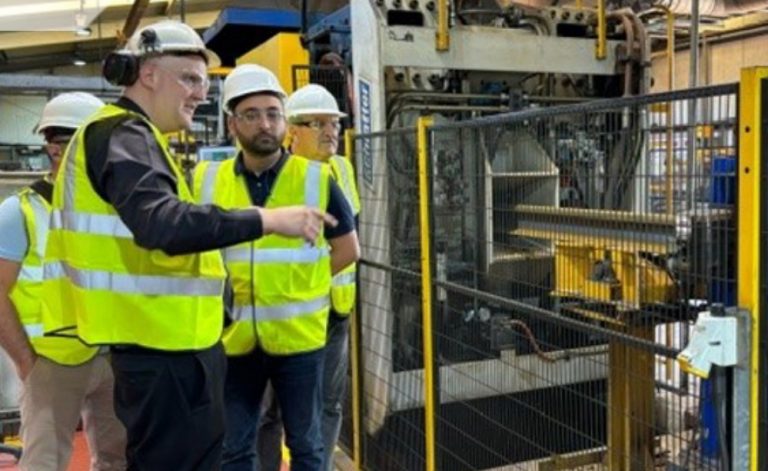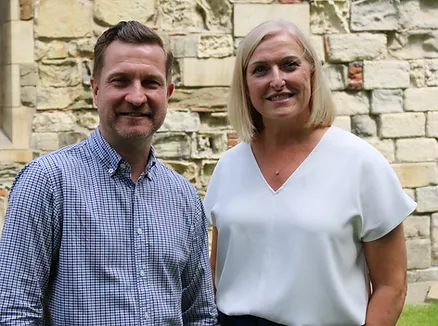Robert Grafton Interiors invests £250k in refurb
Visitors to North Yorkshire from across world bring £4bn boost to economy
Barwood Capital acquires site in Lincoln in new strategy focused on self-storage sector
North Yorkshire origin testing firm snapped up by Australian company
Green light granted to replace ageing leisure centre with state-of-the-art sports hub
Ownership of Elland Road transferred back to Leeds United
Elland Road Limited is now wholly owned by Leeds United Football Club Limited.
Elland Road Stadium has been the club’s home since 1919, but was sold in 2004 during a period of financial difficulty.
In 2017, Elland Road was purchased by Greenfield Investment Pte Ltd, an Aser Group company, which at the time was the parent company of Leeds United Football Club Limited.
Ownership of the stadium was then transferred, following the formation of a new company, to Elland Road Limited in December 2020.
In July 2023, 49ers Enterprises Global Football Group LLC assumed full control of Leeds United Football Club Limited and Elland Road Limited.
On 27th March 2024, the ownership of Elland Road Limited was transferred to Leeds United Football Club Limited. This transaction ensures Elland Road Stadium is now back in full control of the club, for the first time since 2004.
Angus Kinnear, CEO of Leeds United, said: “Whilst this may seem like only a subtle change in corporate structure, I know that our supporters will understand its broader significance in signalling our ownership’s intent that Leeds United and Elland Road should always be inextricably bound.”
Elland Road is also an Asset of Community Value (AoCV), which was formally approved and listed by Leeds City Council, following an application by the Leeds United Supporters’ Trust.
Planning application submitted for final phase of Aire Park Masterplan in Leeds
Machinery safety experts acquire Bingley company
Leeds pharma company makes US acquisition
Chancellor gets to work with Mayors on growth mission
Strategic Regeneration Partner to be sought for Wakefield
New £20m plan for Scarborough to be sent to Government
Trio of deals for former aircraft production base
Scarborough hotel snapped up
Developments team at Caddick grows with new generation of leaders
Former haulage warehouse in Lincoln hits the market for £3.3m
UK economy returns to growth
“While recent commitments to reforming the planning system are hugely welcome, firms are also keen to see progress in other key areas. A Net Zero Investment Plan would support ambitions to boost green growth, and a clear business tax roadmap would help deliver the stability that firms are looking for.”
British Steel starts rail shipments to Turkey
Global venue management company named as new operator for Sheffield City Hall
York research consultancy joins Leicester group
York-based research, evaluation and insight consultancy, Qa Research has joined Leicester’s EMB Group.
EMB Group provides a range of professional services designed to drive meaningful change through business information & advice, grant & transaction processing, and research & insight services. This latest acquisition increases the number of people working in the research division of the business to over 60.
For Qa, the sale represented an opportunity to become part of a larger group of companies and tap into a sophisticated infrastructure, whilst continuing to operate as a stand-alone business under the well-respected Qa Research brand, retaining the current team of experts.
Richard Bryan, Managing Director of Qa, said: “Over the past few years, Qa has been growing steadily and we wanted to find a partner with the right systems and culture to underpin this growth.
“As a business that is already engaged with many of our sectors and which understands how research agencies operate, EMB Group is a great fit for us. We’re excited to be part of the Group and working alongside the other research teams.”
Danielle Gillett, CEO of EMB Group, said: “Since entering the research market in early 2023, we have been steadily increasing our capability and the sectors we cover.
“Through their wide range of qualitative, quantitative and data collection services, Qa bring a new dimension to our offer, as well as strengthening our existing research and insight expertise and we’re delighted to welcome them to the Group.”
Qa Research will sit alongside Blue Marble Research and Pye Tait Consulting and continue to operate from their base in York.





















